
Representatives from the major national and local conservation bodies working in the Yorkshire Dales National Park have come together to produce a ‘Nature Recovery Plan’.
The Yorkshire Dales Biodiversity Forum says the draft plan ‘puts flesh on the bones’ of an ambition set out in the current National Park Management Plan, to make the National Park ‘home to the finest variety of wildlife in England by 2040’.
The Biodiversity Forum has sought advice from the members of the Dales Farming & Land Management Forum and the Dales Woodland Forum to help shape the Nature Recovery Plan, which addresses key subjects such as livestock grazing, moorland management and the health of rivers.
The draft plan has been published today as part of a set of papers for next week’s meeting of the Yorkshire Dales National Park Authority (see agenda item 4); the plan is expected to be completed before the end of the year.
It includes a ‘position statement' on grazing that emphasises the importance of retaining and expanding the use of ‘very low-input’ farming systems to maintain and enhance many of the distinctive habitats for which the National Park is renowned.
The plan also includes a list of almost 400 important species present in the National Park for which conservation action is needed. These are divided into three categories according to the approach to be taken to conserving them. ‘Category 1 species’ are those that will require additional, bespoke conservation action that goes beyond just good habitat management. These species include birds such as swift and hen harrier, mammals such as water vole, and plants such as burnt orchid.
The National Park Authority’s Senior Wildlife Conservation Officer, Tony Serjeant, who has co-ordinated the work of the Biodiversity Forum, has spoken about the Nature Recovery Plan in a blog post.
The Chair of the Yorkshire Dales Biodiversity Forum, Peter Welsh, said: “The Yorkshire Dales National Park is rich in wildlife compared with much of the rest of England. But serious problems remain and this is a call to arms to help address the linked biodiversity and climate emergencies. There is so much more we could be doing for wildlife. Change is needed. That’s what the Nature Recovery Plan sets out.”
He added: “Some people see wildlife conservation as being in conflict with farming and other countryside businesses. However, we believe we can have – and urgently need – fantastic nature as part of thriving farm businesses. There are some brilliant examples of farmers who are already showing how this can be done in the National Park. What’s essential is that farmers, as well as landowners with interests in sporting, forestry and other forms of land management, have access to the resources and support they need to carry out the sort of nature recovery work that the public so obviously wants to see.”
The Nature Recovery Plan includes specific, measurable objectives for five broad landscape types. For freshwater rivers, the objectives include more becks being allowed to take their own course and a significant programme of woodland creation along riverbanks to provide more shade.
A member of the Yorkshire Dales Biodiversity Forum, Jonny Grey (pictured), who is Lancaster University’s professor in practice with the Wild Trout Trust, said: “Public awareness of the plight of our rivers has gained significant traction in recent years. Becks and rivers should be the capillaries and arteries flowing through our Dales landscape but have been shackled and constrained for centuries. The Nature Recovery Plan presents bold targets and the Biodiversity Forum provides a platform for partnerships with relevant organisations and landowners to achieve those targets.”
If adopted by the Yorkshire Dales National Park Authority at next week’s meeting, the Nature Recovery Plan will be shared with the National Park’s local authorities: North Yorkshire Council, Westmorland and Furness Council and Lancashire County Council. Under the 2021 Environment Act these councils are each now responsible for preparing a ‘Local Nature Recovery Strategy’. It is hoped that the Nature Recovery Plan for the Yorkshire Dales National Park area will inform and influence those strategies, helping to channel future investment into the places where farmers and landowners can do the most for nature.
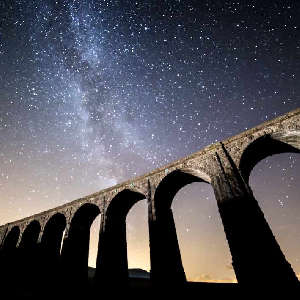

 Skipton celebrates opening of community Sports Hub
Skipton celebrates opening of community Sports Hub
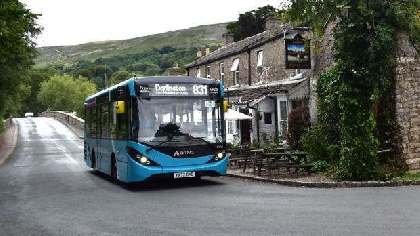 Bus service in the Dales COULD be improved
Bus service in the Dales COULD be improved
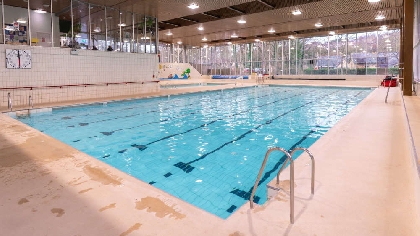 Future of Richmond Swimming Pool thrown into doubt by discovery of extensive work needed
Future of Richmond Swimming Pool thrown into doubt by discovery of extensive work needed
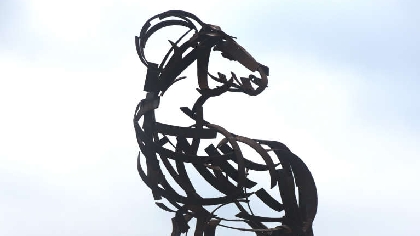 New three-metre-high landmark for historic market town
New three-metre-high landmark for historic market town
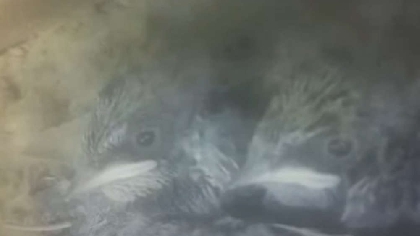 Grant fund open to applications
Grant fund open to applications
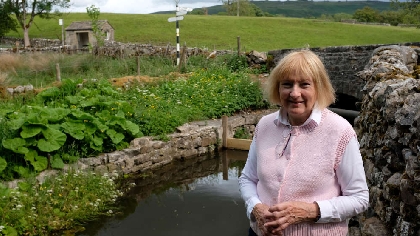 Wash dub restored in Craven village
Wash dub restored in Craven village
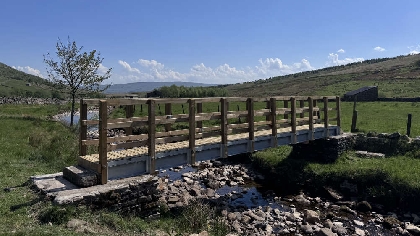 Footbridge replaced, as path maintenance figures set out
Footbridge replaced, as path maintenance figures set out
 Business Awards returns
Business Awards returns
Comments
Add a comment